Forget everything you know about vegan athletes being weak and protein-deficient. It’s time to set the record straight and reveal the truth behind the mysterious world of plant-powered muscles. Say goodbye to bland tofu and kale salads, because these vegan athletes are breaking the protein myth one flex at a time. Get ready to be amazed by their strength, agility, and ability to prove that you don’t need to chow down on a steak to dominate the competition. So grab your green smoothie and follow us on a journey to discover the superhuman powers of vegan athletes.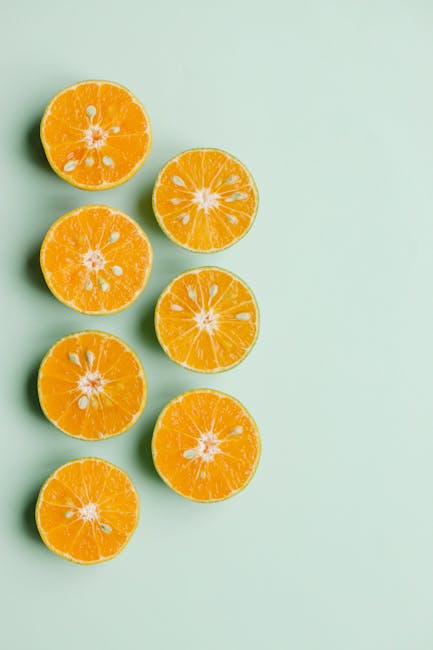
Contents
- 1 Common misconceptions about protein intake for vegan athletes
- 2 The benefits of plant-based protein for athletic performance
- 3 How vegan athletes can meet their protein needs through whole foods
- 4 Dispelling the myth that animal products are necessary for muscle development
- 5 Successful vegan athletes who have achieved remarkable feats
- 6 The role of supplements in a vegan athlete’s nutrition plan
- 7 FAQs
- 8 —
- 9 So, what’s the beef with protein?
Common misconceptions about protein intake for vegan athletes
One common misconception is that vegan athletes don’t get enough protein in their diets. This couldn’t be further from the truth! There are plenty of plant-based sources of protein, such as lentils, chickpeas, tofu, and seitan. So don’t worry, your muscles won’t wither away just because you’re not chowing down on a steak every night.
Another myth is that vegan protein sources aren’t as high quality as animal-based sources. But did you know that quinoa is a complete protein? That’s right, this tiny little grain has all nine essential amino acids that your body needs. And let’s not forget about soy products like tempeh and edamame – they pack a protein punch that rivals any animal product.
Some people also believe that vegan athletes need to consume massive amounts of protein to see gains in muscle mass. But the truth is, as long as you’re getting enough calories and eating a variety of protein-rich foods, you should have no problem meeting your protein needs. Plus, plant-based proteins are easier on your digestion, so you won’t have to worry about feeling bloated and sluggish after a meal.
The benefits of plant-based protein for athletic performance
Looking to boost your athletic performance? Look no further than plant-based protein! Not only is it packed with nutrients that can help you reach your fitness goals, but it also doesn’t involve any questionable ingredients that you can’t pronounce. Here are some benefits of incorporating plant-based protein into your diet:
- **Improved Muscle Recovery:** Plant-based proteins, such as soy and pea protein, contain essential amino acids that can aid in muscle repair and recovery after intense workouts. Say goodbye to those post-workout sore muscles!
- **Increased Energy Levels:** Plant-based protein sources like quinoa and lentils are high in complex carbohydrates, which can provide a sustained source of energy for your workouts. No more crashing halfway through your workout!
- **Better Digestion:** Unlike some animal-based proteins that can be heavy on the digestive system, plant-based proteins are generally easier to digest. This means you can focus on crushing your workout, not your stomachache.
So, whether you’re a seasoned athlete or just starting out on your fitness journey, consider giving plant-based protein a try. Your body (and the planet) will thank you!
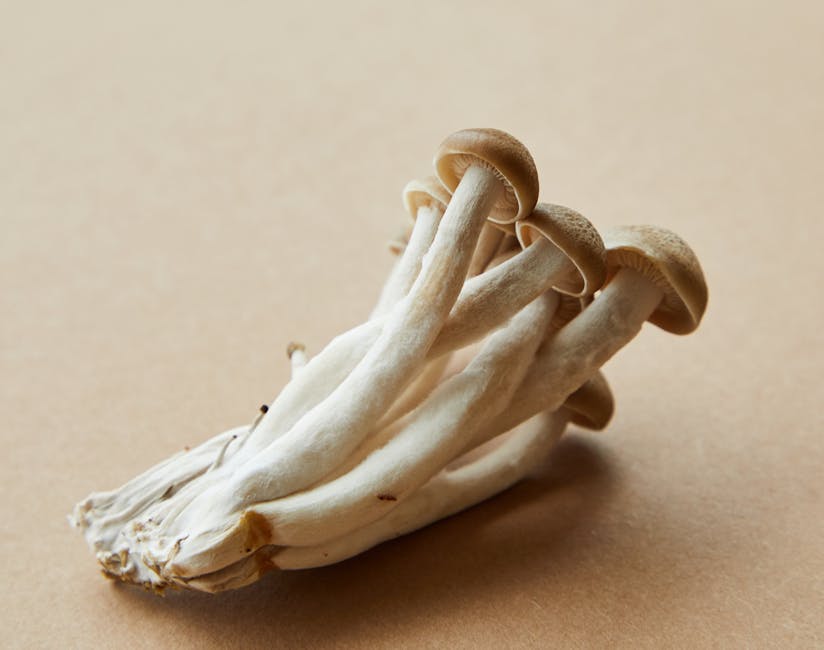
How vegan athletes can meet their protein needs through whole foods
So, you’ve decided to take the plunge into the world of veganism but you’re worried about getting enough protein to fuel your athletic endeavors? Fear not, my plant-powered friend! There are plenty of whole foods out there that can help you meet your protein needs without ever having to touch a whey protein shake.
First up, let’s talk about legumes. These bad boys are packed full of protein and can be incorporated into just about any meal. From chickpea curry to lentil soup, the options are endless. Plus, they’re super versatile and can be used in both savory and sweet dishes. Who knew beans could be so magical?
Next on the list, we have quinoa. Not only is this ancient grain high in protein, but it’s also a complete protein, meaning it contains all nine essential amino acids. Plus, it’s a great source of fiber, so you’ll stay full and satisfied for hours. Quinoa bowls are a great way to get your protein fix while also satisfying your taste buds.
And let’s not forget about nuts and seeds. Whether you’re snacking on almonds, sprinkling chia seeds on your morning smoothie, or spreading some peanut butter on toast, these little guys pack a protein punch. They’re also full of healthy fats, vitamins, and minerals, making them a perfect addition to any vegan athlete’s diet.

Dispelling the myth that animal products are necessary for muscle development
Let’s set the record straight once and for all – you do not need to rely on animal products to build muscle! It’s time to debunk this outdated myth and embrace a plant-powered lifestyle for all your muscle-building needs.
First off, plants are packed with protein, contrary to popular belief. You can get all the essential amino acids your body needs from sources like lentils, chickpeas, quinoa, and tofu. Plus, plant-based protein sources are often lower in saturated fat and cholesterol, promoting better overall health.
Not convinced yet? Just look at some of the strongest animals in the animal kingdom – like elephants, gorillas, and rhinos. They don’t chow down on steak and chicken breasts to build their muscle mass. Instead, they thrive on a diet of plants, proving that you can be a lean, mean muscle machine without animal products.
So next time someone tries to tell you that you need animal products for muscle development, just flex those biceps and show them what a plant-powered powerhouse looks like. Embrace the plants and watch your muscles grow stronger than ever before!

Successful vegan athletes who have achieved remarkable feats
These incredible vegan athletes have defied the odds and achieved remarkable feats in their respective sports. They have shown the world that you don’t need meat to dominate on the field, court, or track.
1. Novak Djokovic: This tennis superstar went plant-based in 2010 and has since won multiple Grand Slam titles. His secret weapon? A diet rich in plant-based nutrients that fuel his incredible endurance and agility on the court.
2. Tia Blanco: This pro surfer is making waves in the sports world with her plant-based diet. She credits her vegan lifestyle for giving her the energy and stamina to conquer the toughest waves and compete at the highest level.
3. Nate Diaz: This UFC fighter shocked the world when he defeated Conor McGregor in 2016. Diaz follows a vegan diet to stay lean, strong, and focused during his intense training sessions and fights.
The role of supplements in a vegan athlete’s nutrition plan
Vegan athletes often face the challenge of sourcing all their essential nutrients from plant-based sources alone. This is where supplements can come to the rescue! Here are some key supplements that can play a crucial role in a vegan athlete’s nutrition plan:
- B12: Since vitamin B12 is primarily found in animal products, vegan athletes often need to supplement with B12 to maintain energy levels and support red blood cell production.
- Iron: Iron is essential for oxygen transportation in the body, and plant-based sources may not always provide sufficient amounts. Iron supplements can help prevent fatigue and support endurance during intense workouts.
- Omega-3 fatty acids: While sources like chia seeds and flaxseeds contain ALA, vegan athletes may benefit from supplementing with DHA and EPA, which are essential for brain function and reducing inflammation.
It’s important for vegan athletes to consult with a healthcare provider or nutritionist to determine which supplements are necessary for their individual needs. Remember, supplements should complement a well-rounded plant-based diet rather than replace whole foods!
FAQs
Why do vegan athletes need to consume protein?
Vegan athletes need protein to fuel their muscles and aid in recovery after intense workouts. Contrary to popular belief, they can get all the protein they need from plant-based sources.
Can vegan athletes get enough protein from plants?
Absolutely! Plants like beans, lentils, tofu, quinoa, and nuts are great sources of protein for vegan athletes. They can easily meet their protein needs by including a variety of these foods in their diet.
Do vegan athletes need to supplement with protein powders?
While it’s not necessary, some vegan athletes may choose to supplement with protein powders to ensure they’re getting enough protein. However, with a well-rounded diet, most can meet their protein needs without supplements.
Are there any vegan athletes at the top of their sport?
Absolutely! Vegan athletes like Serena Williams, Lewis Hamilton, and Novak Djokovic are all at the top of their respective sports. Their success proves that being vegan doesn’t hold them back in any way.
What are some misconceptions about vegan athletes and protein?
One common misconception is that vegan athletes can’t get enough protein to build and maintain muscle. However, with careful planning and a diverse diet, vegan athletes can easily meet their protein needs.
How can vegan athletes ensure they’re getting enough protein in their diet?
Vegan athletes can ensure they’re getting enough protein by including a variety of plant-based sources in their meals. They can also work with a nutritionist to create a balanced meal plan that meets their protein needs.
—
So, what’s the beef with protein?
It turns out, there really isn’t any! Vegan athletes are proving that you can demolish stereotypes along with your previous personal bests. So next time someone tells you that you need to ”beef up” your protein intake, just smile and tell them that you’ll be “plant-based and powered up” instead.
Who says you can’t build muscle on beans and greens? Remember, it’s not the size of the steak, but the strength of your determination that truly makes a champion. So grab a smoothie, lace up those trainers, and show the world what vegan athletes are made of!

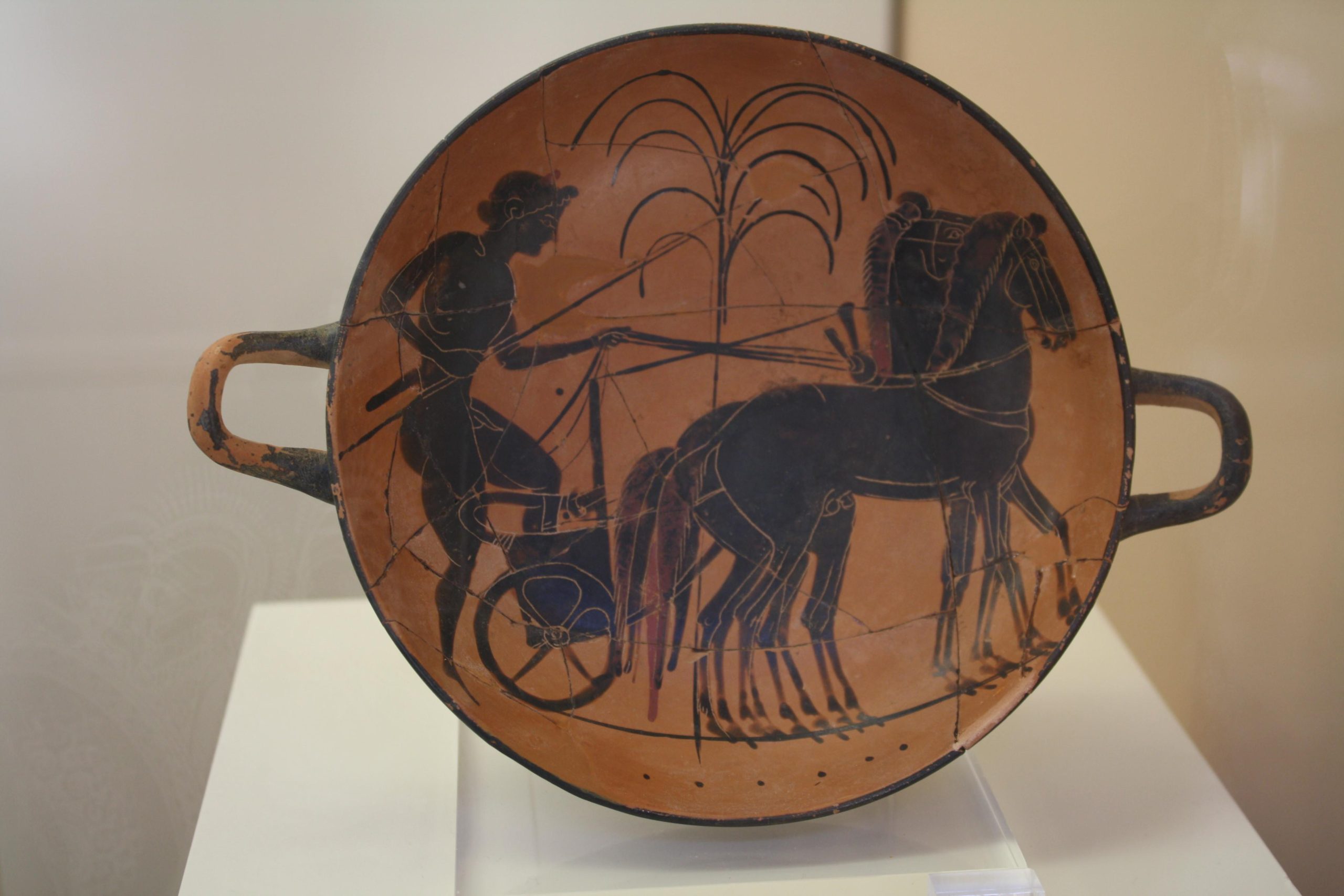
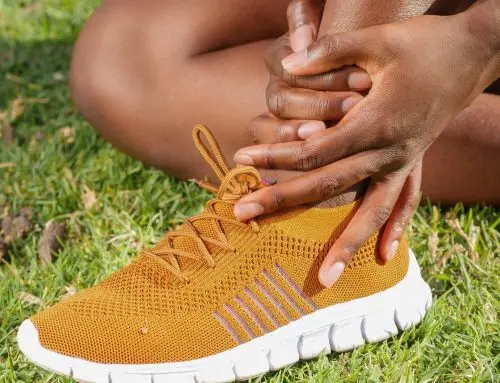

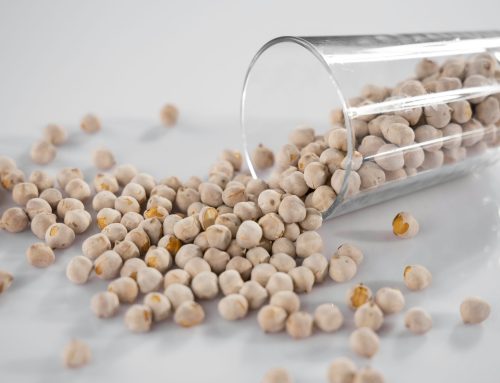
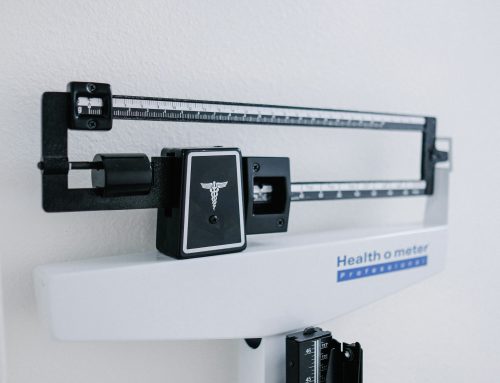

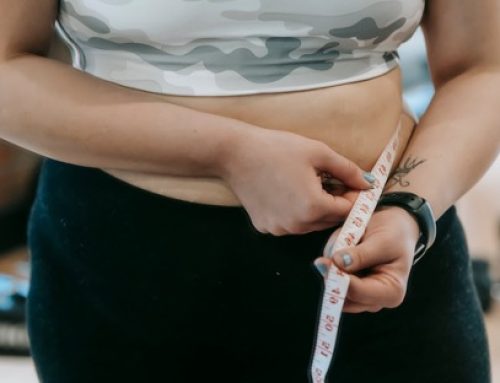
Leave A Comment